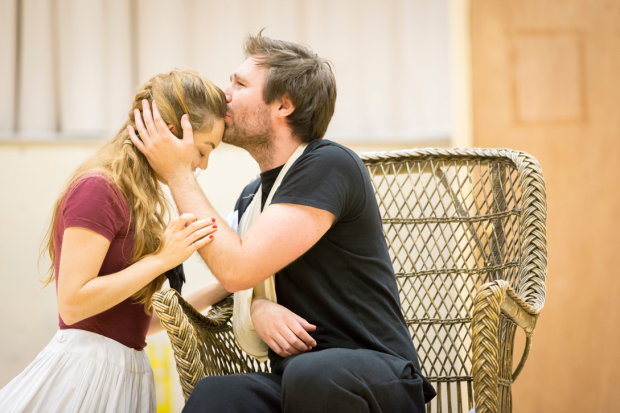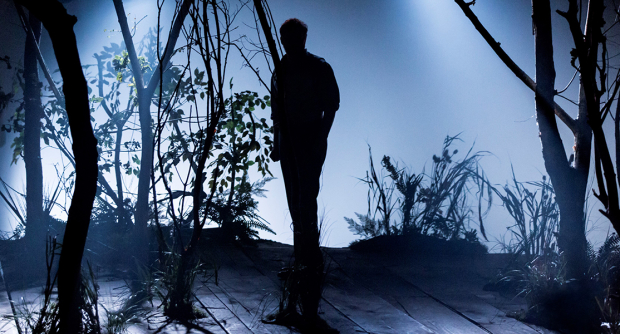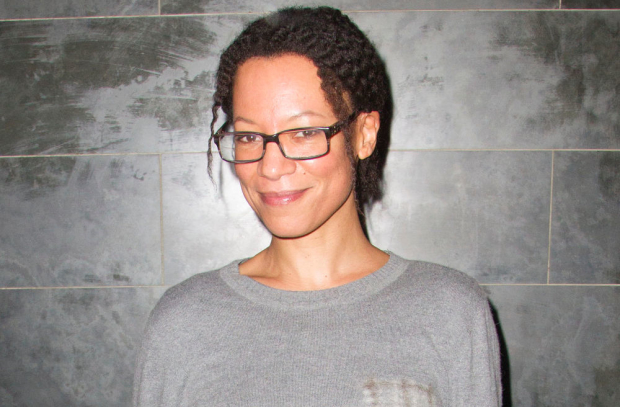Young Chekhov: The Birth of a Genius (Chichester Festival Theatre)
Chekhov was only 44 when he died, but it’s the well-argued – and brilliantly demonstrated – contention of David Hare that there is, in the younger Chekhov, a social and specific, even political, writer more like, say, Gorky or Tolstoy, than the revered melancholic "universalist" of the four great plays that sustain his reputation.
The first of those is The Seagull, and on an extraordinary trilogy day in Chichester – there are two more such days to come in the short season – this perennial masterpiece was preceded by Hare’s already completed adaptations of Ivanov and Platonov first seen at the Almeida in 1997 and 2001 (the latter opening, unforgettably, on the night of the attack on the Twin Towers).
Jonathan Kent‘s productions of all three plays reveal scenes of anger, despair and penury, muddled love lines, impulsive affairs, insults and bad behaviour, suicide, comical crossed wires and, perhaps most surprisingly, a developing fascination with theatrical form which mixes up riotous social set-pieces, direct address, acrimonious argument and troubled, confessional soliloquy.
And as The Seagull is a play about the theatre, the Hamlet analogies in the other two come into sharper focus. All three plays end with a gunshot. Platonov (James McArdle) is a 27 year-old alcoholic schoolteacher and married sex addict who is amazed – "the cheek of it!" – that his wife accuses him of ruining everyone’s lives. Ivanov (Samuel West) is a 35 year-old landowner who has lost all hope for the future, and all love for his wife, who is dying of tuberculosis.
In The Seagull, which angrily documents the casual destruction of young talent – that of the writer Konstantin (Joshua James) and his muse Nina (Olivia Vinall) – the dramaturgy is more poetic and accumulative, but the sharp elbows and galvanic stridency of the earlier plays, with their insistence on the brutalities of poverty, injustice and snobbery, make you see this play completely differently. The magic of the lake on Sorin’s country estate is a mirage, a receding illusion, not a mood setting.
In almost eight hours of theatre, on Tom Pye’s permanent open stage setting of sloping bare boards, a forest of trees and a watery surround, it’s as though we’ve sliced through a segment of mid-19th century Russian provincial life. Structures and marriages are melting, spirits are crushed, a dilapidated host offers no food or drink in his "house of reptiles" and an actress, trying to cling onto a second-rate writer who destroys her own son’s girlfriend, gives a departing gift of one rouble to her domestic staff.
That actress, Arkadina, gloriously played by Anna Chancellor in full flighty mode, gets an even bigger laugh on her unconvincing insistence that she has never done "third-rate plays." No-one has fulfilled his or her potential – Nina Sosanya, playing two characters called Anna Petrovna, complains poignantly of missed fulfilment in reverse, the desire to feel "needed" – except possibly the expanding mogul Pavel (David Verrey) in Platonov. Everyone owes him money, and his dirty work is done by the sinister contract killer, Osip – an amazing character – whom Pavel hires to maim, but not kill, the teacher.
McArdle’s Platonov is a revelation – of both role and actor – a brilliant, theatre-filling performance of positive energy despite all the bitterness and misanthropy. West’s Ivanov, in stark contrast to Ralph Fiennes’s charismatic nihilism in the Almeida original, is captured by stealth, even risking inaudibility in a riveting portrait of utter emptiness and desolation. West returns as an equally heartless Trigorin, voicing the agonies of writing with a similar sort of critical self-hatred in speeches that seem to flow through generations of writers from Chekhov to Hare.
Many of Kent’s 23-strong company appear in two of the three plays – Sosanya, Peter Egan, Lucy Briers, and Jonathan Coy all score notable doubles – while two of them pose triple threats: Des McAleer as the terrifying Osip, a scheming financial adviser in Ivanov and the estate manager in The Seagull; and Vinall as desperate, adulterous lovers in the first two plays, and as a startling, neurasthenic Nina, beautiful in Kostya’s play of the universal soul ("There’s something in the play," offers Adrian Lukis‘s dandyish obstetrician, Dorn, amid the derisive hoots of Arkadina – "Avant-garde, or what?!").
Vinall is an unusual actress, never the same, deeper in voice than she was in Othello or the latest Stoppard at the National, and emotionally unpredictable. You can’t take your eyes off her. But she commits a technical gaffe by bashing her own forehead mic in the final Nina scene, thus revealing why the sound is so uneven all day, good articulation sometimes scuppered in over-quiet delivery and rubbery acoustical effects. The music of Jonathan Dove, though, is wonderful, and the whole project surely deserving of a life beyond Chichester.
For tickets to the production's run at the National Theatre, click here
Young Chekhov runs at National Theatre until until 3 September.













